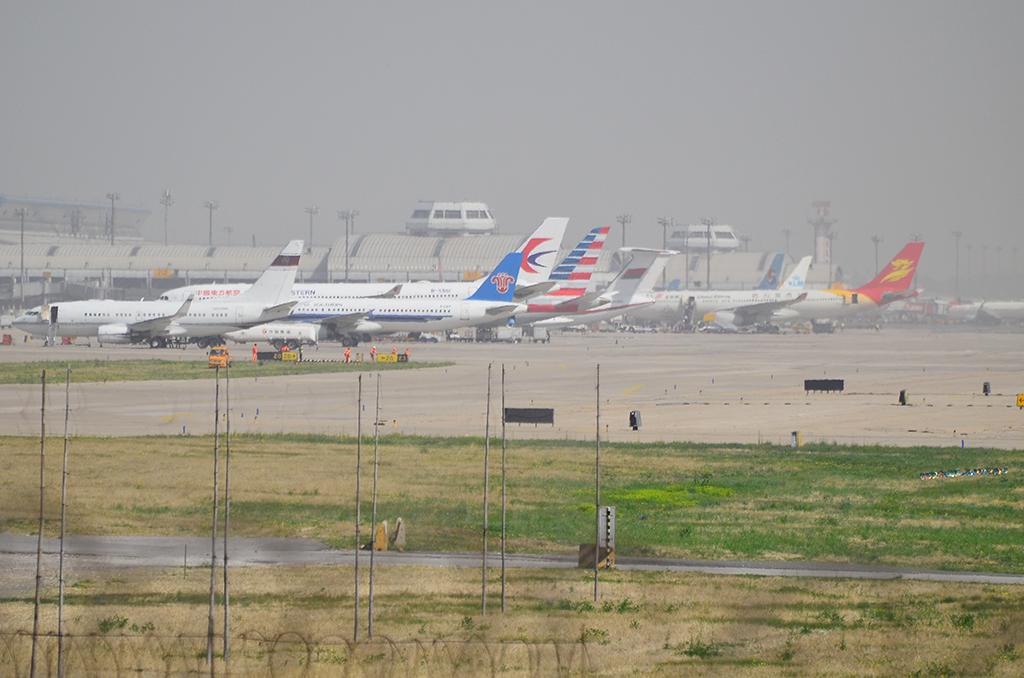
Airlines around the world have suspended operations to parts or all of China to try to limit the spread of the novel coronavirus outbreak, which the World Health Organization (WHO) has declared a “public health emergency of international concern” because of its spread to 18 countries outside of China as of Jan. 31.
Demand for travel within China naturally has decreased significantly. Aviation Week’s Beijing Bureau Chief Bradley Perrett reports: “The country’s airlines eliminated 11,007 flights, or 40% of their original schedules of 27,630 flights, in the 24 hr. to the morning of Feb. 4, according to local consultancy Veriflight.”
While “the vast majority of cases outside China have a travel history to Wuhan or contact with someone with a travel history to Wuhan,” WHO says, the Chinese government extended the Lunar New Year from Jan. 30 to at least Feb. 2, and dozens of provinces have lengthened it further to limit the virus’ spread.
For instance, Guandong Province, in which MTU Maintenance Zhuhai is based, issued a directive for companies to remain closed until Feb. 9. “In the meantime, MTU Maintenance Zhuhai will operate with a small team to deliver the most urgent engines and support customers in aircraft-on-ground and 0 spare situations. We expect the site to resume full operations on Feb. 10,” says a company spokeswoman.
Haeco Composite Structures in Jinjiang, Fujian Province, which extended the lunar holiday through Feb. 9, also has very limited activity due to the restriction. Sunny Mirchandani, director and general manager, points out that scheduled maintenance work around the lunar holidays usually drops off. How work will ramp up is still unclear, given the temporary travel restrictions and flight cancellations, but he says when things clear, there could be “a new ‘peak travel’ season” as people resume travel. “This phase could defer maintenance plans or component removals,” so “it would be wise to expect a slowdown in MRO operations for a few months once the aviation activity and travel resumes,” he notes.
Unlike Severe Acute Respiratory Syndrome (SARS), which lasted about six months in 2003, this outbreak is predicted to have a bigger impact on the global economy because China produces more advanced, higher-tech products now, its economic might is stronger, and global supply chains and businesses are more connected.
SARS caused air traffic to decline markedly for three months, which took a toll on the aftermarket for about six months, said Gregory Hayes, United Technologies chairman, CEO and president, during the company’s Jan. 28 fourth-quarter earnings call. He noted that airlines are healthier now than in 2003, but he predicted “there will be a blip in Asia this quarter” as a result of the epidemic.
“While we expect there will be some impact to the commercial aftermarket, we don’t expect it to be significant,” Hayes said, adding: “We saw a 20% drop in the aftermarket [for two quarters in 2003]. I don’t expect it’s going to be that bad this time.”
Let’s hope he’s right.



